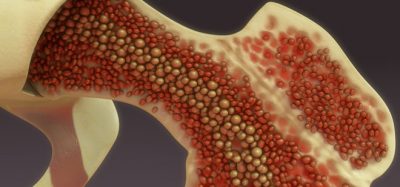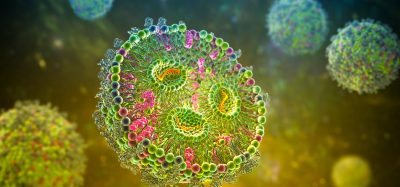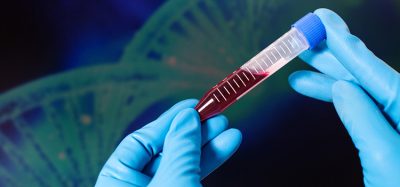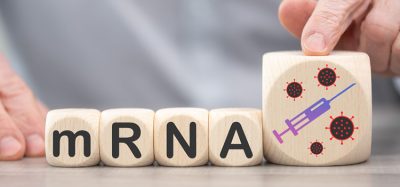Interferon deficiency and heightened inflammation are hallmarks of severe COVID-19, say researchers
Posted: 15 July 2020 | Hannah Balfour (Drug Target Review) | No comments yet
The newly identified hallmarks of critical COVID-19 indicate a combination of interferon supplementation and anti-inflammatory therapies could be effective in treating patients with severe COVID-19 symptoms.
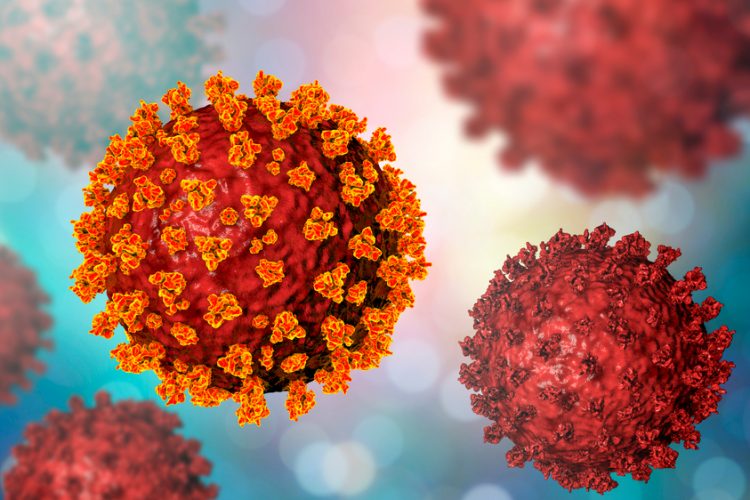

A study of 50 COVID-19 patients has revealed a unique signature of the infection in critically ill patients. According to French researchers, a combination of a deficiency in Type 1, as well as exacerbated inflammation, may be hallmarks of severe COVID-19.
COVID-19 disease progression is characterised by distinct patterns depending on the patient, the team said this implies patients are exhibiting different immune responses to the SARS-CoV-2 virus causing the disease. Some studies suggest five to 10 percent of patients progress to severe or critical disease; however, little is known about the precise immunological features of COVID-19 severity, said the researchers.
To overcome this knowledge gap, Jérome Hadjadj and colleagues analysed immune cells of COVID-19 patients with symptoms ranging from mild to critical. The critical patients exhibited a distinctive dual signature involving a deficiency in responses of type I interferons, proteins that help fight viral infections, as well as exacerbated proinflammatory signalling. While recent work to investigate the role of interferon signalling in COVID-19 patients has shown that local interferon signalling may be important to mitigate disease progression, the results of this study published in Science suggest broader production of interferons may in fact be beneficial.
According to the scientists, collectively these studies reinforce the hypothesis that the location, timing and duration of interferon exposure are critical parameters underlying the success of therapeutics for SARS-CoV-2 infections. They further suggested that severely ill COVID-19 patients could be treated with a combination of interferon supplementation and anti-inflammatory therapies.
The paper was published in Science.
Related topics
Analysis, Disease Research, Drug Targets, Immunology, Therapeutics
Related conditions
Coronavirus, Covid-19
Related organisations
Université de Paris
Related people
Jérome Hadjadj




